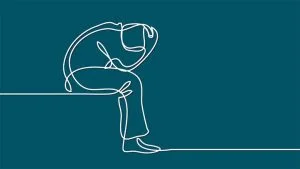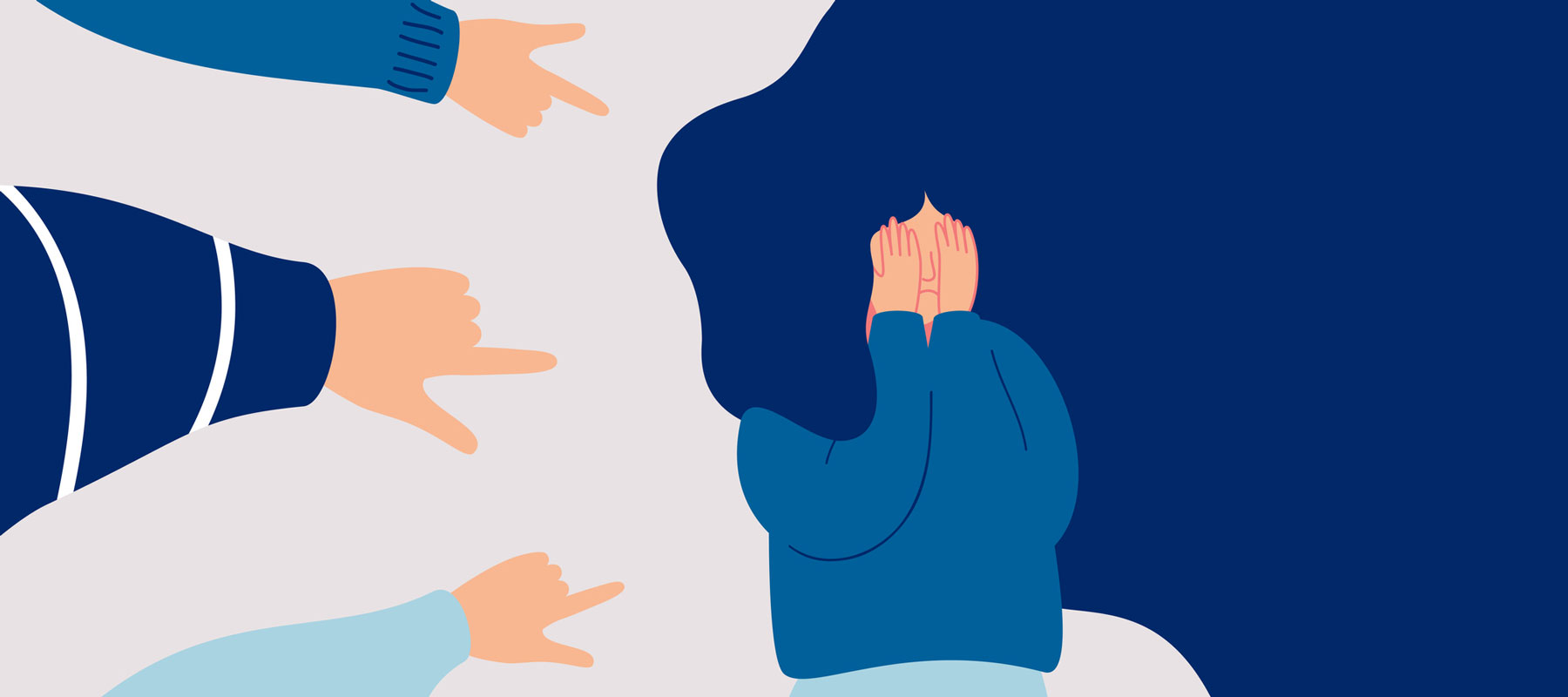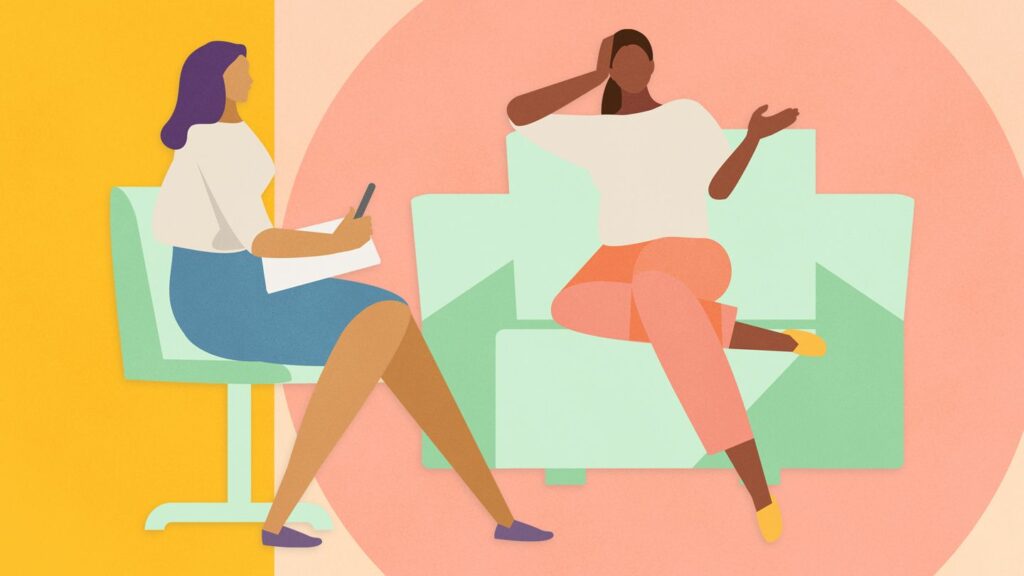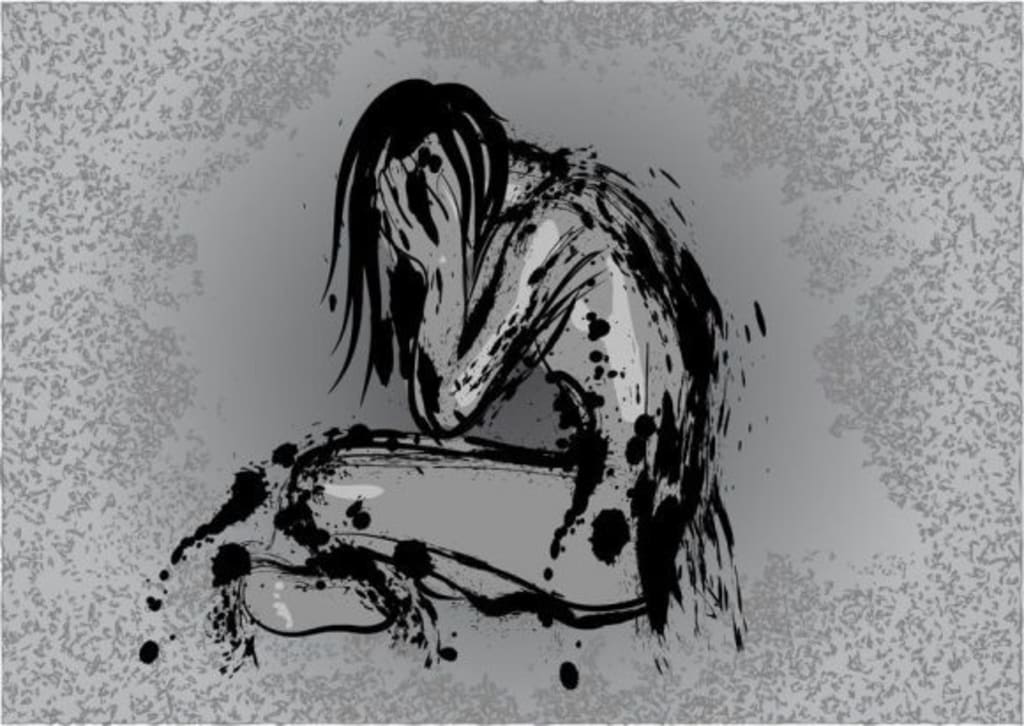Loneliness is a common experience. According to national reports, around one in five adults in the world experience chronic loneliness, and this figure rises to around one-third for individuals over 65 years of age. This can lead to several health problems, including depression. In this article, we will learn about depression and loneliness. Learn more about their impacts and all the treatment options.
Contents
What Is Depression?
 Depression is a mental disorder characterized by a long-term decrease in mood and feelings of pleasure. Symptoms can range from mild to severe and may include feelings of sadness, hopelessness, and isolation. Depression often affects how people think, feel, and act. It can interfere with daily life activities and relationships. About 16 million Americans experience depression each year, and it is the leading cause of disability in adults aged 18 to 44 years old.
Depression is a mental disorder characterized by a long-term decrease in mood and feelings of pleasure. Symptoms can range from mild to severe and may include feelings of sadness, hopelessness, and isolation. Depression often affects how people think, feel, and act. It can interfere with daily life activities and relationships. About 16 million Americans experience depression each year, and it is the leading cause of disability in adults aged 18 to 44 years old.
There is no single cause of depression, but it can be caused by several factors, including genetic makeup, environmental exposures, and lifestyle choices. Depression is often treated with medication and therapy.
What Is Loneliness?
 Loneliness can be broadly defined as the experience of being alone and feeling disconnected from others. Many people experience loneliness at some point in their lives, but it can also be a sign of depression.
Loneliness can be broadly defined as the experience of being alone and feeling disconnected from others. Many people experience loneliness at some point in their lives, but it can also be a sign of depression.
There are many potential causes of loneliness, including bereavement, divorce, or a lack of social connections. Some people may also find themselves lonely because they don’t have any friends in their hometown or community. Additionally, loneliness can be caused by physical or mental illness, stress, or a lack of opportunity.
If you’re feeling lonely and think it might be related to depression, there are some things you can do to improve your situation. First, make sure you’re getting enough sleep and exercise. These activities can help improve your mood and energy levels, which can make it easier to connect with others. Additionally, try reaching out to loved ones and friends for support. They might be able to give you an ear when you need it and offer guidance on how to connect with others.
Relationship Between Depression and Loneliness

Depression is a very common mental disorder that affects around one in every ten people at some point in their lives. It is characterized by a range of symptoms, including decreased energy, inability to concentrate, mood swings, and recurrent thoughts of suicide.
Loneliness, on the other hand, is a subjective feeling of isolation or emptiness that can be experienced by anyone, regardless of their social life. Studies have shown that lonely people are more likely to experience depression than those who are not.
There are many reasons why loneliness might increase the risk of depression, including an increased sense of vulnerability and feelings of hopelessness. These factors can lead to feelings of isolation and loneliness. This can make it harder to cope with negative moods.
There is no one-size-fits-all answer to reducing the risk of depression among lonely people. But interventions that focus on improving social welfare and increasing social connectedness can be very effective. Also, the relationship between depression and loneliness is complex and remains largely unknown. So further research is needed to better understand the connections between these two conditions.
Impacts of Depression and Loneliness

Depression and loneliness are both debilitating mental conditions that can have a significant impact on an individual’s quality of life. Also, depression can cause feelings of sadness, hopelessness, and despair, while loneliness can lead to feelings of isolation, loneliness, and depression.
Depression and loneliness can have a significant impact on both mental and physical health. They can lead to increased rates of illness and death, as well as decreased productivity and happiness. In addition, they can increase the risk of social isolation, which is one of the strongest predictors of depression and suicide.
There are many ways that depression and loneliness can affect individuals. For example, depressed people may be less likely to participate in activities that make them happy or help them feel connected to others. They may also become more irritable and aggressive, which can lead to conflict and problems at work or home. Lonely people may feel isolated from friends, family, and community members. This can lead to feelings of loneliness and isolation, as well as feelings of despair and hopelessness.
Also, the impacts can be different for men and women. Women are more likely to experience depression, as well as loneliness. They may experience more physical symptoms, such as fatigue and weight loss than men do. In addition, they may experience more social isolation and have a harder time accessing support networks.
There is no one-size-fits-all solution to addressing the impacts of depression and loneliness. However, interventions that address both conditions are often the most effective. These interventions can include screening for depression and loneliness, providing evidence-based treatments (such as cognitive behavioral therapy or mindfulness ), and engaging in social and emotional support activities.
Treatment of Depression and Loneliness

Depression and loneliness are common disorders, and there is currently no one-size-fits-all cure for either. However, there are many treatments available that can help improve the symptoms of both depression and loneliness.
One of the most effective ways to treat depression and loneliness is to receive treatment from a professional. Treatment typically includes medication and therapy, but it can also include other interventions such as social support groups. There are also self-help options available, such as counseling or self-education programs.
If you are experiencing depression or loneliness, it is important to seek out help. There are many resources available to you, and everyone responds differently to a treatment. If you are not satisfied with your current treatment options, please speak with your doctor or therapist about what else may be possible.
Other methods of treatment are also available. For example, exercise and relaxation techniques can help reduce anxiety and depression symptoms. Additionally, self-care practices such as eating a balanced diet, getting enough sleep, and engaging in activities. These are the activities that you enjoy that can help improve your mood.
Conclusion
Loneliness and depression are two issues that often go hand in hand. Loneliness has been linked to an increased risk of developing depression, as well as a decreased quality of life. If you’re feeling lonely and depressed, there are steps you can take to improve your situation.
Remember that there is always someone who needs help. Whether it’s a friend or family member who can provide emotional support or a professional therapist who can offer guidance on how to cope with loneliness and depression long-term.
Hope this article was of help to you! If you are suffering from depression and loneliness, you may seek help from Therapy Mantra. We have a team of highly trained and experienced therapists who can provide you with the tools and skills necessary for overcoming depression and loneliness. Contact us today to schedule an online therapy or download our free Android or iOS app for more information.


